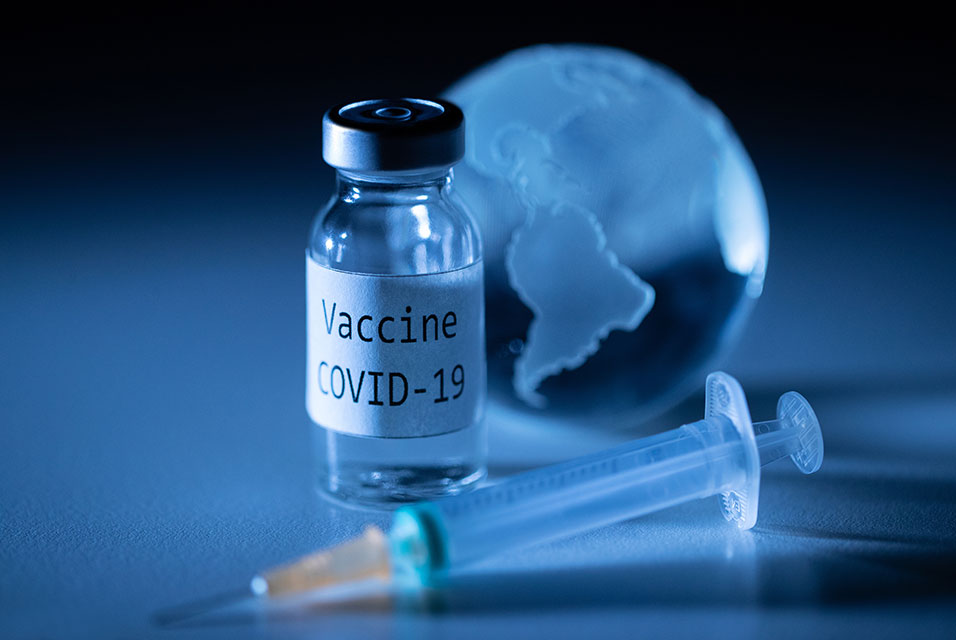NEW HAVEN, CT.- Factors related to manufacturing, distribution, public acceptance, and the severity of the pandemic will contribute more to the success of a potential COVID-19 vaccination program than the efficacy of the vaccine itself, finds a new study conducted by the
Yale School of Public Health.
The research, published Nov. 19 in Health Affairs, comes as the global effort to develop a COVID-19 vaccine is poised to produce one or more candidates approved for large-scale distribution. In the United States, the Food and Drug Administration is grappling to define the evidence it will require to authorize COVID-19 vaccines in the months ahead.
For instance, would a vaccine that has a limited impact on transmission but significantly reduces progression to severe disease be acceptable? Alternatively, how might such a vaccine be compared to one that lowers susceptibility to infection but has no impact on disease progression? Once vaccination begins, what individual and public health benefits should the public expect from vaccines based on their performance in clinical trials? Finally, what other factors will shape the success of COVID-19 vaccination programs?
Investigators led by A. David Paltiel, professor of public health (health policy) at YSPH, began by assembling data on the epidemiology of SARS-CoV-2 and the natural history of COVID-19. They then used an original mathematical model to estimate cumulative infections, hospitalizations, and deaths. Furthermore, they characterized the success of a vaccination program based on a number of interacting factors: the efficacy of the vaccine, the speed of manufacturing and distribution, the persuasiveness of public campaigns to promote vaccine acceptance, and the severity of the pandemic when the vaccine is introduced into the community.
“Infrastructure will contribute at least as much to the success of the vaccination program as will the vaccine itself,” said Paltiel. “The population benefits of vaccination will decline rapidly in the face of manufacturing or deployment delays, significant vaccine hesitancy, or greater epidemic severity.”
The findings highlight the urgent need for health officials to invest greater financial resources and attention to vaccine production and distribution programs and to redouble efforts to promote public confidence in COVID-19 vaccines, said study author Jason L. Schwartz, assistant professor in the Department of Health Policy and Management at YSPH.
“Even with a highly effective vaccine, we will still need sustained adherence to masking, physical distancing, and other mitigation practices for some time to bring the public health crisis under control,” Schwartz said.
The study was co-authored by Amy Zheng of the Harvard Medical School and Rochelle P. Walensky of Massachusetts General Hospital and Harvard Medical School. The research was supported by grants from the National Institutes of Health and the Steve and Deborah Gorlin MGH Research Scholars Award.










